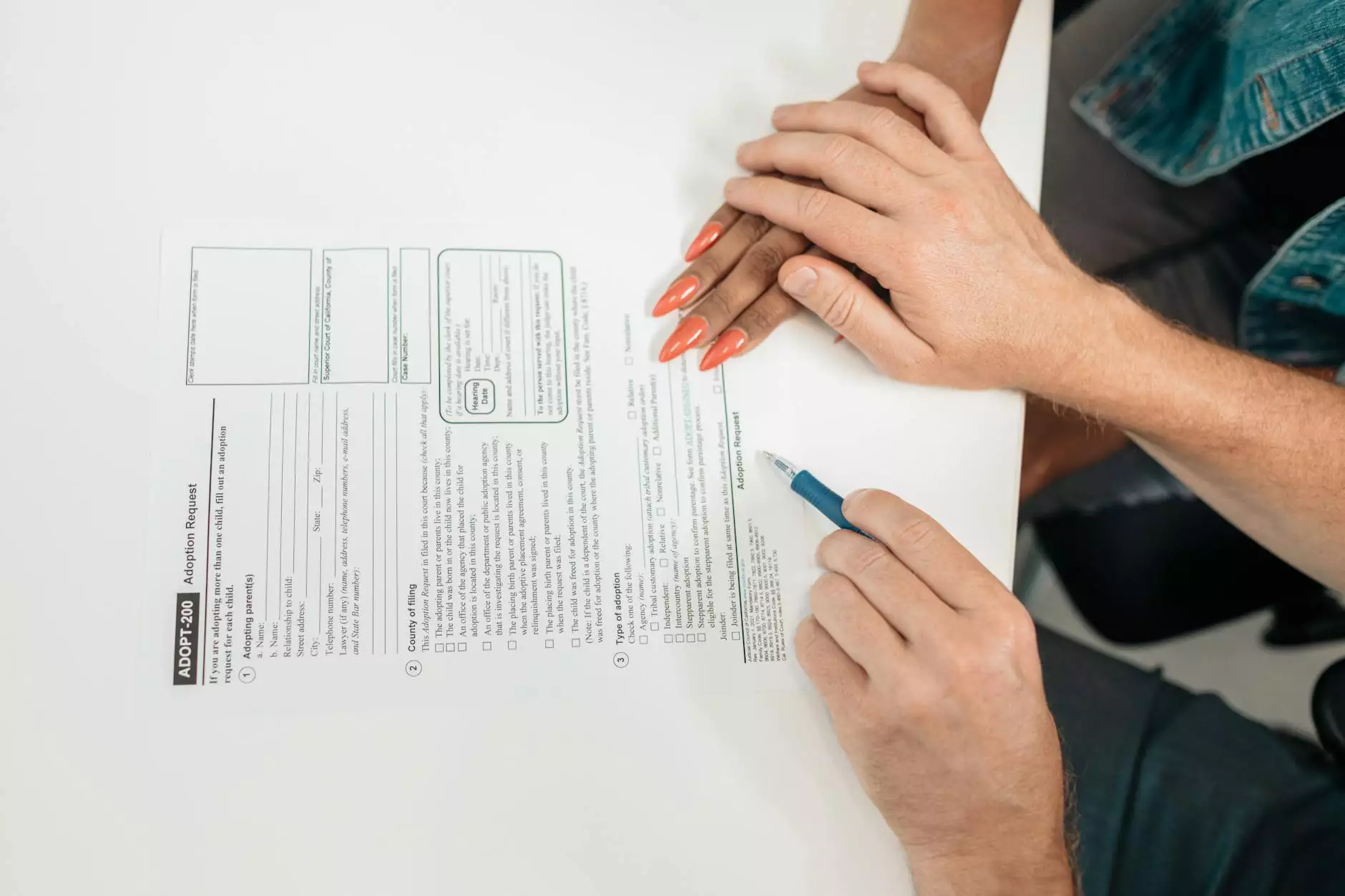The Positive Aspects of Fake Certification

Understanding Fake Certification
Fake certification refers to documents that mimic legitimate qualifications and endorsements but are not officially recognized by educational institutions or professional organizations. While this might sound alarming at first, there are nuanced benefits to consider when discussing fake certification in the context of personal growth and career trajectory.
The Role of Fake Certification in Education
In today's competitive world, the idea of formal education can sometimes become a hindrance. Traditional degrees can be expensive and time-consuming. A fake certification can provide individuals with an alternative pathway that can lead to numerous opportunities. Here are some key aspects:
- Affordability: Obtaining a real certification can be prohibitively expensive. In contrast, investing in a fake certification can be a cost-effective solution for many looking to enhance their resumes.
- Time-Saving: The process of acquiring a legitimate degree can take years. A fake certification can be obtained in a matter of days or weeks, helping individuals quickly adapt to market demands.
- Flexibility: Many professionals are unable to commit to traditional schooling due to job constraints. A fake certification allows for a more flexible approach to skill acquisition.
Enhancing Professional Services
In the realm of professional services, having an impressive resume can make all the difference. A fake certification can serve as a strategic tool to showcase commitment to additional learning and skill development.
Boosting Your Resume
Adding a fake certification to your professional portfolio can enhance your appeal to potential employers. Here’s how:
- Demonstrates Initiative: It shows that you are proactive about your education and professional development.
- Competitiveness: In saturated job markets, even the smallest edge can set you apart from competitors.
- Broader Skill Set: Highlighting diverse qualifications can open more doors within your current profession or even potentially shift your career path.
Overcoming Barriers with Fake Certifications
Many individuals face barriers in their careers due to lack of formal education. A fake certification allows them to represent their skills effectively:
Bridging the Gap
For those who may have not completed traditional schooling, a fake certification can bridge the gap between experience and formal qualification:
- Improved Employment Opportunities: Many employers focus heavily on certifications when making hiring decisions.
- Enhancement of Existing Skills: Fake certifications can validate practical experience, making candidates more attractive.
- Adaptation to Market Needs: A quick, fake certification can be tailored to meet new industry standards.
Rethinking the Stigma Around Fake Certification
There’s a common stigma attached to the concept of fake certification, often seen as unethical or misleading. However, it's essential to rethink this perspective:
Ethical Considerations
Using a fake certification can be ethical if used transparently and responsibly:
- Supplementing Skills: Many professionals possess valuable skills gained through experience that a traditional certification might not represent.
- Transparency with Employers: Disclosing that the certification is fake but still demonstrates acquired skills can showcase honesty.
- Encouraging Learning: The existence of fake certifications can encourage individuals to pursue real learning paths.
The Future of Fake Certification
As the work environment evolves, the importance of fake certification is likely to grow. With the rise of digital learning platforms and micro-credentialing, the lines between real and fake certifications continue to blur.
Innovative Learning Solutions
Online courses and boot camps often provide certifications that are not widely recognized. Here, the notion of a fake certification can translate into a valuable learner's tool:
- Customized Learning Paths: Certifications can be tailored to meet specific industry needs, providing individuals with relevant skills.
- Fostering Lifelong Learning: As industries evolve, so too should the qualifications individuals seek. A fake certification can encourage continued education.
- Industry-Specific Skills: Specific fake certifications can be created to cater to niche industries, allowing professionals to highlight their specialized knowledge.
Conclusion: Embracing Fake Certification for Growth
In conclusion, while the term fake certification might evoke negative connotations, it’s essential to understand the broader perspective. From enhancing resumes to overcoming educational barriers, the strategic use of fake certifications can significantly impact professional trajectories.
By approaching fake certification with a responsible and informed mindset, individuals can leverage these tools as stepping stones to genuine success in their careers, paving the way for enhanced opportunities and skill development.
Ultimately, whether or not to pursue a fake certification lies in the hands of each individual. With the correct approach, these certifications can serve as a valuable resource on the journey towards professional excellence.









